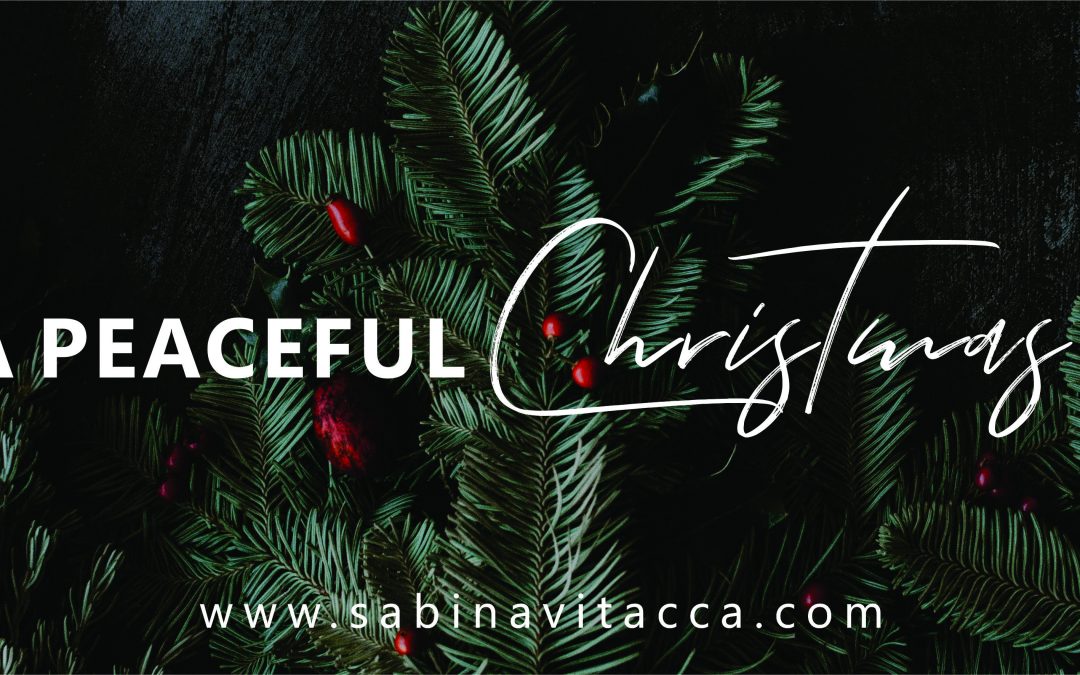As the year draws to a close, many people are heaving a collective sigh of relief. It’s been a year of drastic change, challenges and overwhelm as we have adapted to our new normal. A New Year and celebrating the festive season brings with it the promise of new beginnings, time with loved ones and hopefully some time to relax.
It feels somewhat as though 2020 was ‘done unto us’ and to that extent, it was a reactive year in which we responded to events beyond our control, but in many cases felt powerless to take control of our own lives. It’s still challenging to predict the rapidly changing course of events and how these might change over Christmas. Did you manage to respond to the challenges of COVID in the way you’d have liked, or did the rising overwhelm and stress take over? Think about how you might carry some of this stress over into the festive period and family time. Whilst story tales depict happy, rosy cheeked families gathered around a fire, the reality for some if that Christmas can raise issues – clashes of personality, unresolved disputes, differing opinions on how to raise children, cook Christmas lunch – anything can be the spark which can add to your stress levels. For some, the stress might arise from not being able to see their family this year, from being isolated from those they love and miss. According to Relationships.org, Christmas is considered as one of the six most stressful life events, up there with moving house and divorce. Much like 2020, you may not be able to control any trigger events, but what you absolutely can do is change the way in which you react.
Mindfulness allows your body to switch off. To turn off the eternal chatter in your head, the compulsive need to ‘do’ and instead let yourself just ‘be’. It forces you to think about the present, about what you’re doing now and how you’re behaving now, not what might happen tomorrow. You can be mindful just about anywhere once you’re a little more practiced – walking on the beach, as you wake in the morning, sitting at your desk or even as you commute each evening. There is a whole toolbelt of techniques you can use to help retrain your brain to be more mindful, to finally find that ‘off switch’ and allow your body to move away from the fight or flight mode it may have become overly accustomed to in 2020.
One such technique is the SBNRR technique (Stop, Breathe, Notice, Reflect and Respond) well known for it’s ability to instantly refocus, calm and take shape of your own reaction.
Stop: Literally stop what you’re doing, what you’re thinking.
Breathe: One of the key principles to mindfulness and meditation – focus on your body for just a moment, take a few deep breaths and create an imaginary space between you and the causer of stress.
Notice: What are you feeling right now? Observe your own feelings and how they’re making you physically feel. Acknowledge your feelings and accept that they are valid but will pass.
Reflect: Tap a little deeper into yourself, what is making you feel this way? By understanding the reasoning behind your overwhelm or negative emotions, you can find ways to bypass them and communicate better with those around you.
Respond: Take just one more moment before you respond. Allow yourself the gift of time and provide a conscious response, which is far more considered than a snap reaction. It’ll also buy you more respect and inner calm in just about any relationship – business or personal.
Initially, you may find stepping through this process takes you a little longer to start with, but with practice, once you memorise the steps and start to apply the methodology liberally to everyday life, you’ll be able to condense the whole process to a few seconds. It’s a fantastic tool and one Christmas gift that will truly keep giving.

